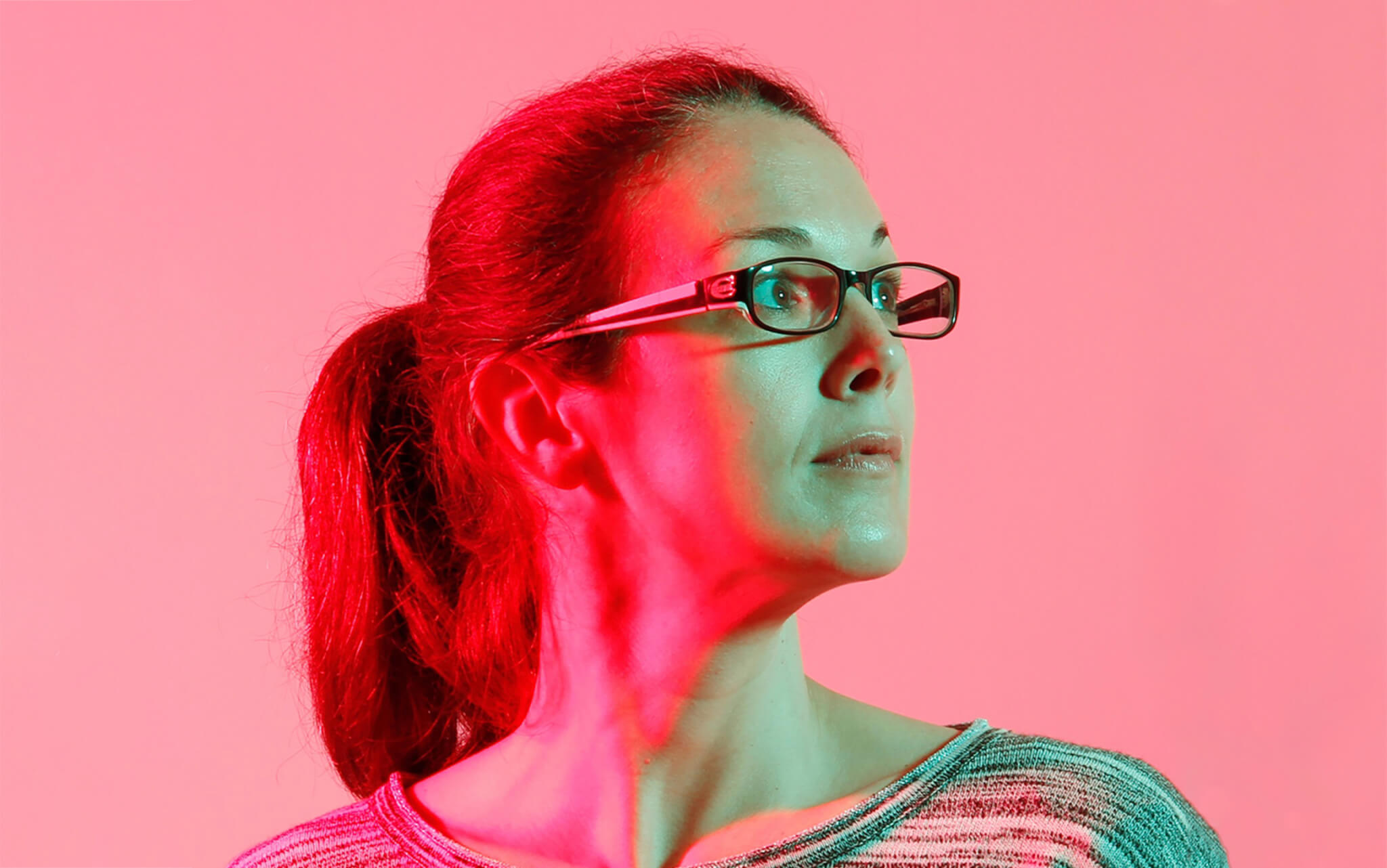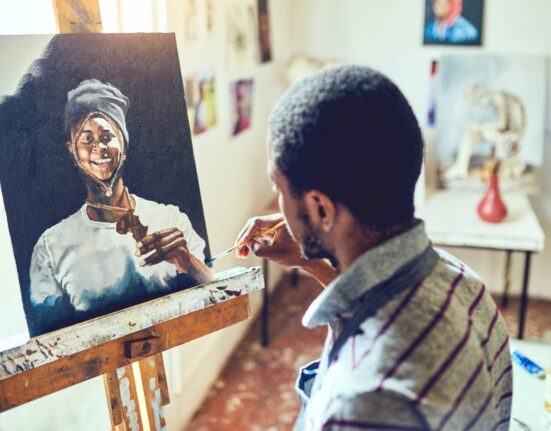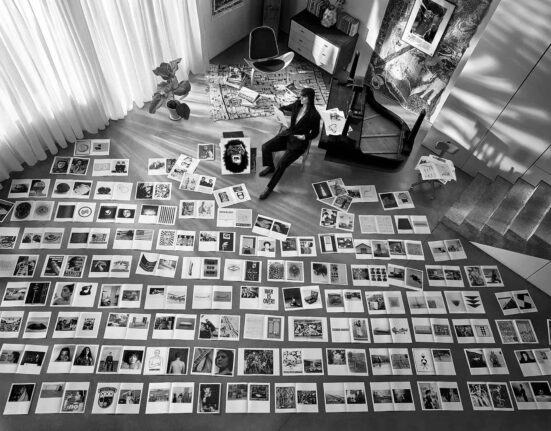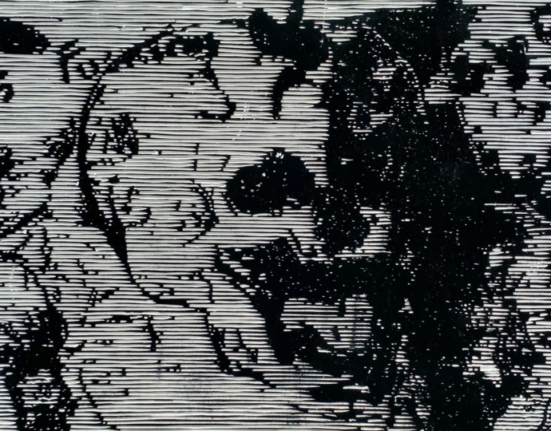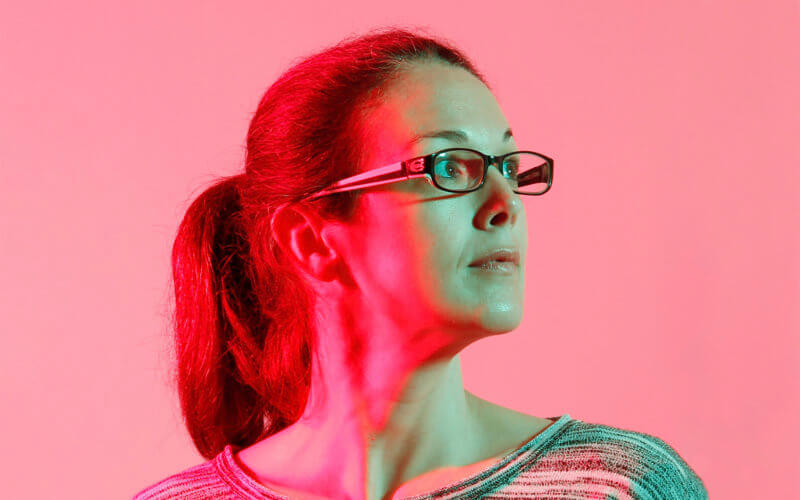
Growing up in the 1980s, Julie Orser always had her family’s 35mm film camera in her hand.
Whether she was taking pictures or developing photos in her high school’s darkroom, the Cal State Fullerton associate professor of art has always been fascinated with visual storytelling and image making. Her affinity for photography and art led her to pursue her creative work through video and other experimental mediums.
Throughout her career, Orser has displayed her artwork in galleries across the world, including the Museum of Modern Art in New York City, the Changing Role Gallery in Rome and the Yuz Museum in Shanghai.
For her artistic skills and dedication to innovative media, she was selected for the Lucas Artist Fellowship in visual art at Montalvo Arts Center, located in the Bay Area. This residency program allows professional artists to create new projects that push the boundaries of their artistic practice.
Seeing Media Through a New Lens
When she was younger, Orser recalls the impact that early video and cable television had on her, including programming the family VCR to record her favorite movies. Now a dedicated artist, she continues to be inspired by films and filmmaking, but she’s looking at it from a different perspective.
Orser’s expertise exists at the intersection between art and cinema where she studies how visual tropes and audio cues in media are used to craft a narrative and how those elements affect the representation of female characters, place and time.
“My work critiques these representations through a feminist lens and visually takes the form of video art and multimedia installations that can include animation, photography and sound,” explained Orser.
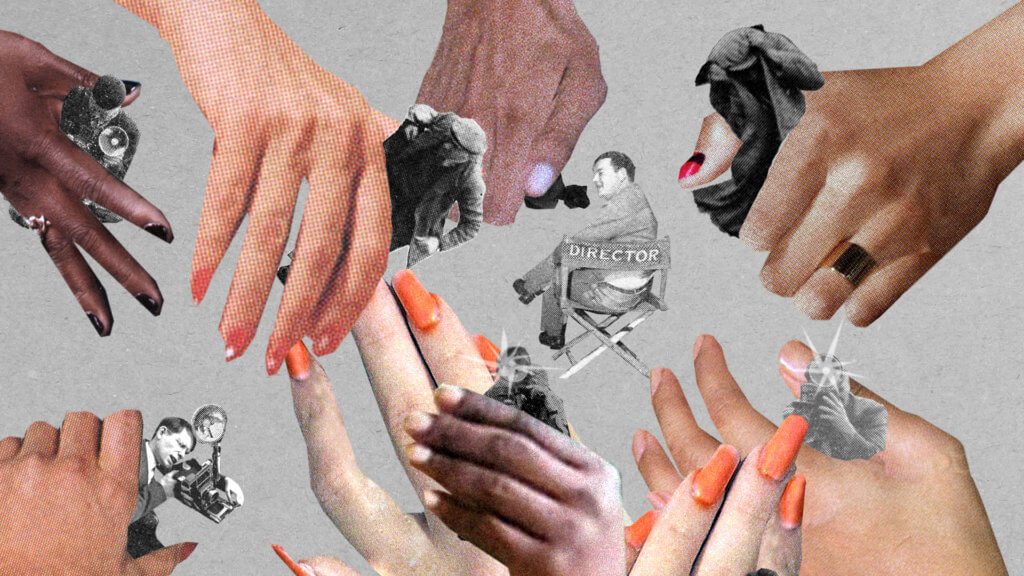
In past works, she’s addressed such topics as the #MeToo movement in Hollywood and the formulaic depictions of the male artist and his female muse in mainstream media.
As part of the fellowship, she will keep her focus on film and television, but she’ll look specifically at the construction and representation of a different group of fictional characters — visual artists.
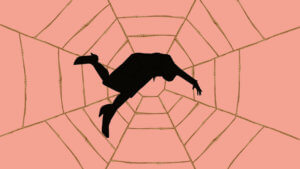
“I have archived and researched countless films and television programs over many decades. I am interested in how artists are characterized and mythologized, how these representations inform a cultural and overly romanticized understanding of who the artist is while mirroring a dominant fantasy of the artist as white, male, obsessed and suffering,” said Orser.
Her goal for the fellowship is to create a video and sound collage installation featuring fictional female artists from decades of pre-existing film and television programs discussing love, relationships, and art as they paint, draw, sculpt and photograph.
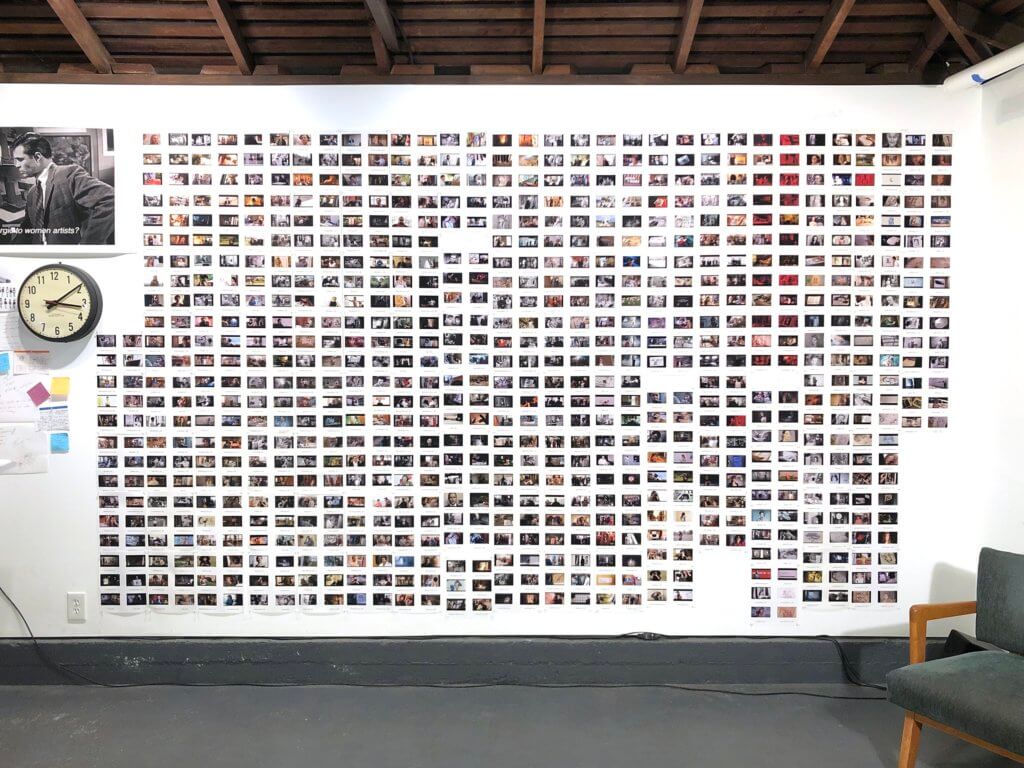
“The idea is to unpack the embedded meaning of the original film or television show, reactivate the narrative and then propose alternative feminist perspectives that reflect the diversity and complexity of female experiences,” said Orser. “By collaging these characters together, I aim to challenge the traditional male gaze prevalent in media and contribute to a broader cultural dialogue about the perceived value of female artists.”
Fostering Creativity in the Classroom
When Orser approaches a project, she leans into different mediums. From installation art and animation to photography and sound, she isn’t afraid to experiment with evolving art forms — a mindset that she passes along to her students as head of the creative photography and experimental media concentration.
Students studying in the creative photography and experimental media program master a variety of artistic skills, including analog and digital photography, media production, video art, sound and more.
“This program is unique in the breadth and depth of the courses we offer in the curriculum,” said Orser. “Students learn conceptual and technical methods of working in these various forms. They are encouraged to experiment, to take creative risks and express themselves and their ideas through art.”
The College of the Arts’ Visual Arts Modernization project, which includes renovated classrooms and gallery spaces as well as such innovative technology as 3D printers, green screens, filming labs and a darkroom, will provide even more opportunities for students to exceed their own creative expectations, added Orser.
In addition to fostering student innovation on campus, Orser is dedicated to expanding her students’ professional networks and opening doors that will lead them into the industries they want to succeed in.
“I enjoy working with students on projects because they have a different perspective. They see things that I wouldn’t see and they approach creative problems differently,” said Orser. “The impact of this fellowship on my teaching is endless. I’ll meet a new community of artists and methods of working at Montalvo that I can share with students.”

